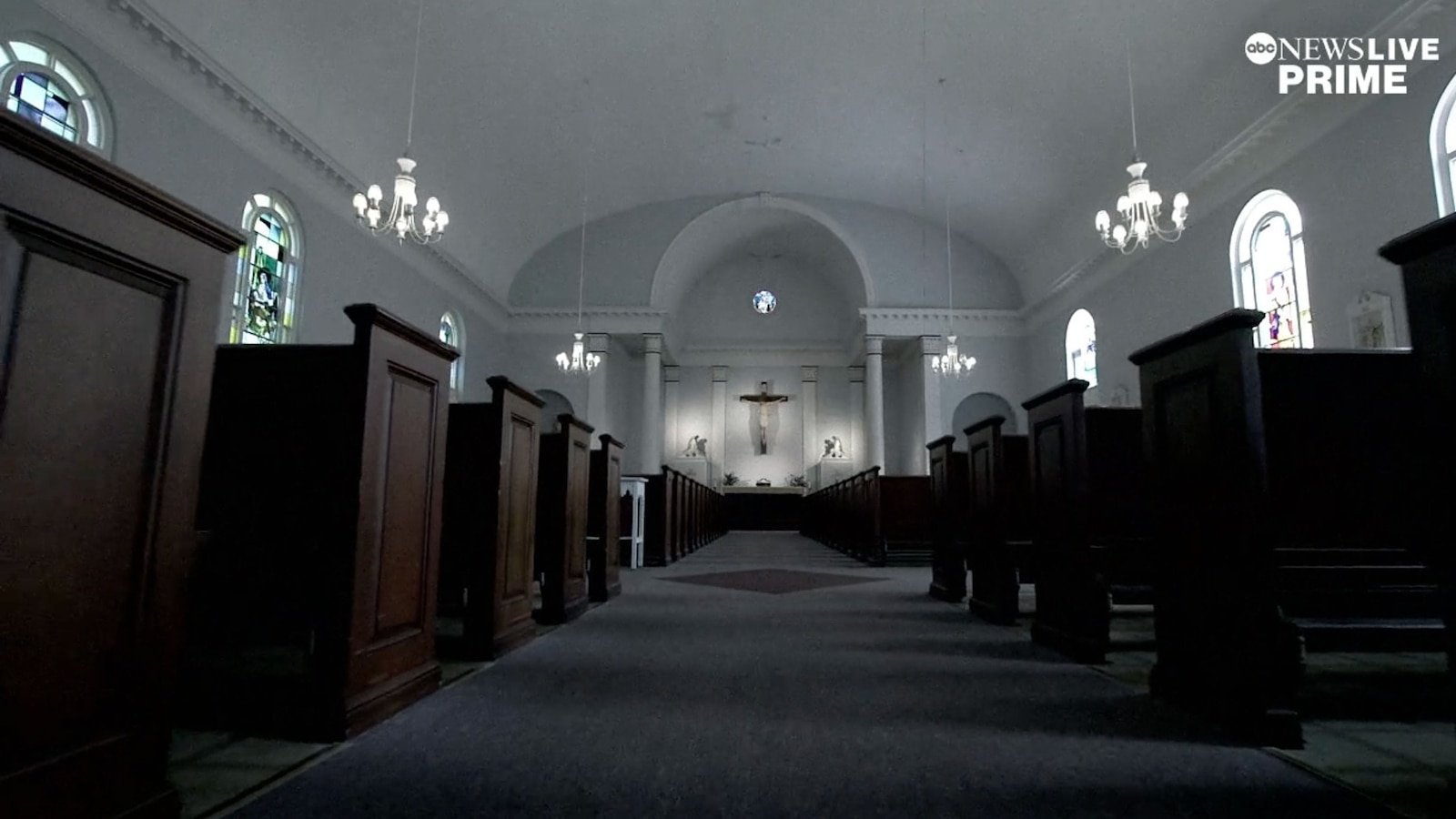- cross-posted to:
- [email protected]
- cross-posted to:
- [email protected]
Summary
Churches across the U.S. are grappling with dwindling attendance and financial instability, forcing many to close or sell properties.
The Diocese of Buffalo has shut down 100 parishes since the 2000s and plans to close 70 more. Nationwide, church membership has dropped from 80% in the 1940s to 45% today.
Some churches repurpose their land to survive, like Atlanta’s First United Methodist Church, which is building affordable housing.
Others, like Calcium Church in New York, make cutbacks to stay open. Leaders warn of the long-term risks of declining community and support for churches.



And the other side of that token is that people shouldn’t have to rely on churches for survival. I’m sure you do good work, and I generally have no grief with (f/ex) the unitarians who also do good community work, but churches (and secular aid orgs, etc.) do not make society on their own and should not take the fall or bear responsibility for the failings of capitalism.
That’s the exact point I’m trying to make.
Our government fails to take care of its citizens, so private institutions, including religious organizations, food banks, and more are relied upon to provide those services.
So when that kind church lady spends $200 and 40 hours making a custom quilt for a poor person, it’s viewed as a waste of resources when so many more important needs for that person aren’t being addressed.
Instead, the government should be providing those services, the kind old lady can just be kind with her gifts Instead of wasteful, and the churches can responsibly spend money inwardly to sustain themselves without doing a disservice to society.